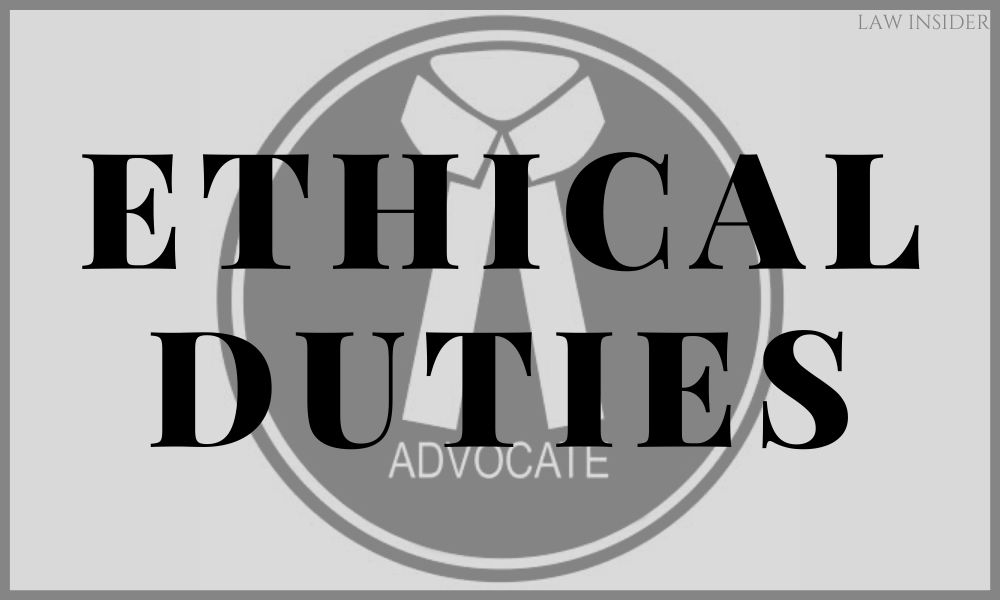Lawyers are an integral part of the justice system and are responsible for upholding the law and ensuring that justice is served. However, with great power comes great responsibility, and lawyers have a unique set of ethical responsibilities that must be upheld.
What are Legal Ethics?
Legal ethics are the moral principles and values that govern the behavior of lawyers. These principles and values are designed to ensure that lawyers act in the best interests of their clients while upholding the integrity of the legal profession.
The Responsibilities of a Lawyer

Lawyers have a wide range of responsibilities that they must adhere to in order to uphold legal ethics. Some of these responsibilities include:
- Confidentiality: Lawyers are required to keep all information related to their clients confidential, unless otherwise permitted by law.
- Competence: Lawyers must provide competent legal representation to their clients, which includes possessing the necessary knowledge and skill to handle their case.
- Conflict of Interest: Lawyers must avoid any conflicts of interest that may arise during the course of their representation. This includes avoiding situations where their personal interests may conflict with their duty to their client.
- Honesty and Integrity: Lawyers must act with honesty and integrity in all their dealings with clients, other lawyers, and the court. This includes not making false statements or misrepresenting facts.
The Consequences of Violating Legal Ethics

Lawyers who violate legal ethics may face a range of consequences, which can include disciplinary action from the state bar, fines, suspension or revocation of their license to practice law, or even criminal charges in severe cases. In addition, violating legal ethics can also damage the reputation of the lawyer and the legal profession as a whole.
Legal ethics are a crucial aspect of the legal profession and are designed to ensure that lawyers act in the best interests of their clients while upholding the integrity of the legal system. By understanding the responsibilities of a lawyer and adhering to legal ethics, lawyers can help to maintain the trust and confidence of their clients and society as a whole.

